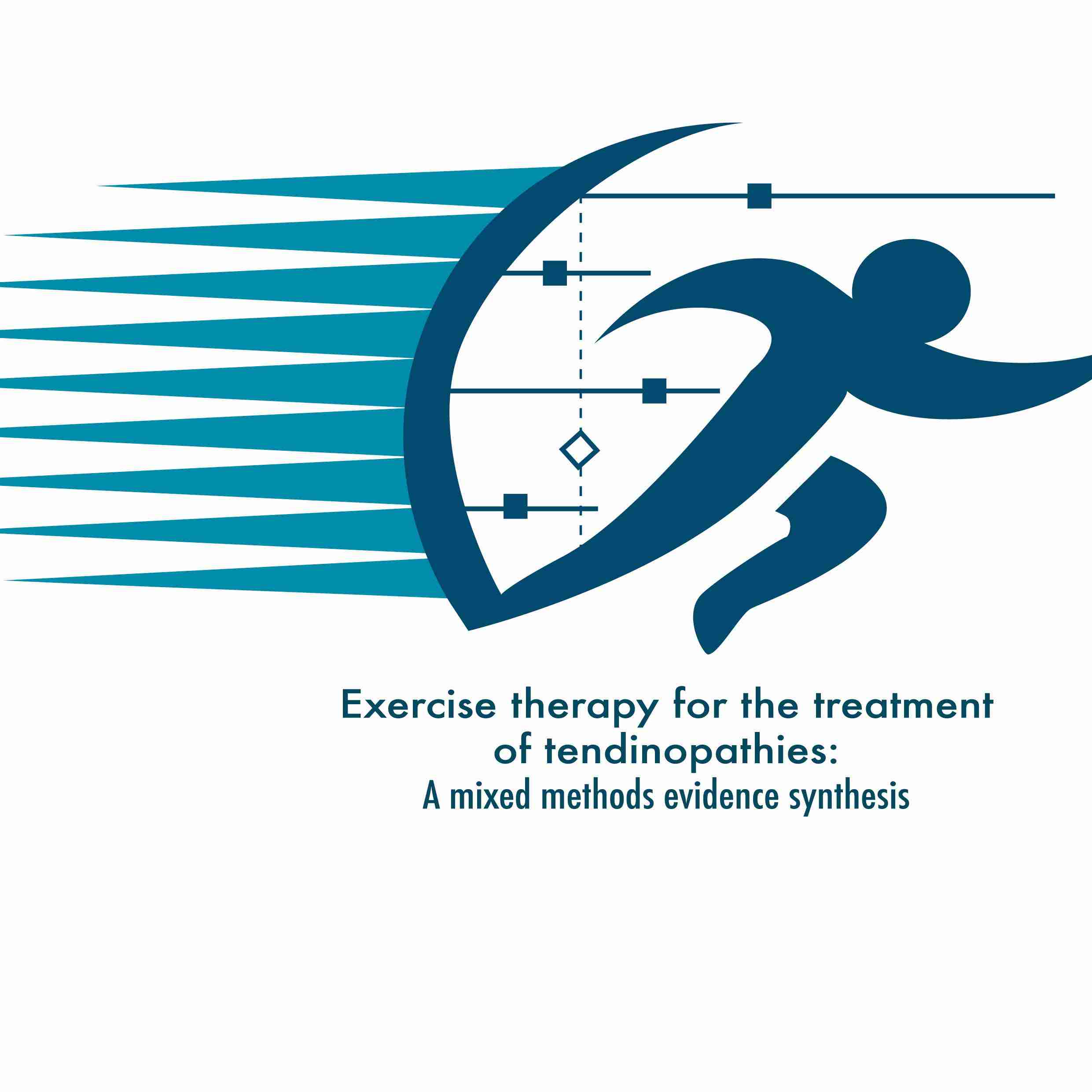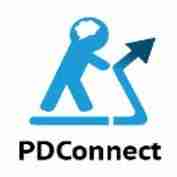Dr Lyndsay Alexander l.a.alexander@rgu.ac.uk
Associate Professor

Dr Lyndsay Alexander l.a.alexander@rgu.ac.uk
Associate Professor
Dr Anastasia Pavlova a.pavlova1@rgu.ac.uk
Research Fellow
Professor Kay Cooper k.cooper@rgu.ac.uk
Associate Dean (Research)
Professor Paul Swinton p.swinton@rgu.ac.uk
Professor
A systematic review of studies that have used exercise for the treatment of tendinopathy.
Tendinopathy is a common disorder that can affect any tendon in the body causing pain, swelling and disability. Most tendinopathies are managed conservatively (i.e. do not require surgery or other invasive procedures), and the most common form of treatment is exercise.
Exercise can take different forms and research has been published on a variety of exercise types, schedules and methods of delivery. Because tendinopathy can occur in any tendon, can last for a short or long time, and may be affected by a number of other factors, it is important to look at the evidence and make recommendations from both a general (all tendinopathies) and specific point of view (e.g. certain tendinopathies, certain groups of people affected).
Leading a project with SportsScotland Institute of Sport, NHS Grampian and Queen Mary University London, Funded by NIHR
| Status | Project Complete |
|---|---|
| Funder(s) | National Institute for Health & Care Research, UK |
| Value | £228,414.00 |
| Project Dates | Mar 1, 2020 - Nov 30, 2023 |
Health & wellbeing of the Scottish farming population Feb 2, 2018 - Jul 31, 2018
This is a systematic review of the published international literature on the effectiveness of interventions to address mental health and chronic occupational diseases in the farming population. Previous systematic literature reviews have been conduct...
Read More about Health & wellbeing of the Scottish farming population.
A decision support system for self management of low back pain Jan 1, 2016 - Mar 31, 2021
Low back pain (LBP) is the most significant contributor to disability in Europe. Most patients have non-specific LBP i.e., pain that cannot reliably be attributed to a specific disease/ pathology. LBP is the fourth most common diagnosis seen in prima...
Read More about A decision support system for self management of low back pain.
Technology for falls prevention in the hospital setting: a mixed method synthesis of the evidence to inform best practice. Apr 1, 2018 - Mar 31, 2019
Falls are a major public health issue, affecting many people. Falls are more common in older people and with the ageing population, falls will become an increasing problem. Falls in the hospital setting can cause distress, injury and even death. It i...
Read More about Technology for falls prevention in the hospital setting: a mixed method synthesis of the evidence to inform best practice..
Artificial Intelligence Conversational Intervention for Encouraging Physical Activity in Older Adults Feb 1, 2019 - Aug 31, 2019
This project will address two of the GetAMoveOn research challenges:
1. Designing a tailored intervention system that is able to monitor physical activity levels of older adults from sensor data and provide a conversational intervention to enhance a...
Read More about Artificial Intelligence Conversational Intervention for Encouraging Physical Activity in Older Adults.

A collaborative approach to community based exercise provision for people with Parkinson’s Jun 1, 2019 - Dec 1, 2023
Exercise for People with Parkinson’s is a key ingredient for effective management, improving muscle strength, balance, walking, fitness, function, cognition and depression. Some evidence suggests that participation in regular exercise may limit the...
Read More about A collaborative approach to community based exercise provision for people with Parkinson’s.
About OpenAIR@RGU
Administrator e-mail: publications@rgu.ac.uk
This application uses the following open-source libraries:
Apache License Version 2.0 (http://www.apache.org/licenses/)
Apache License Version 2.0 (http://www.apache.org/licenses/)
SIL OFL 1.1 (http://scripts.sil.org/OFL)
MIT License (http://opensource.org/licenses/mit-license.html)
CC BY 3.0 ( http://creativecommons.org/licenses/by/3.0/)
Powered by Worktribe © 2025
Advanced Search